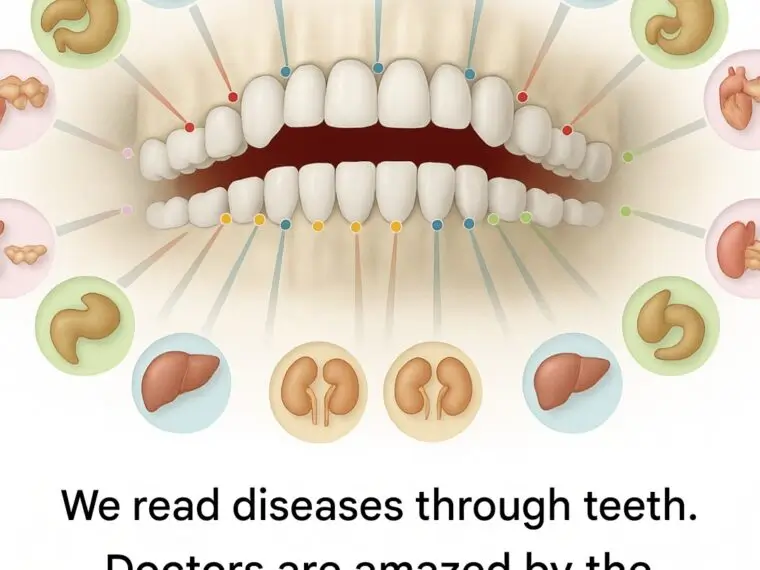2. The Diabetes Connection
Oral health is tightly linked to blood sugar control.
- Fact: Gum disease makes diabetes worse by contributing to higher blood sugar levels, and, conversely, uncontrolled diabetes makes gum disease worse. It’s a two-way street.
- Study: The Centers for Disease Control and Prevention (CDC) highlights that gum disease is often considered the sixth complication of diabetes. Treating gum disease can often help lower the patient’s HbA1c (a key measure of blood sugar control).
3. Pregnancy and Adverse Outcomes
- Fact: Severe gum infection is associated with complications in pregnancy.
- Study: Research indicates a correlation between periodontitis and an increased risk of preterm birth and low birth weight. The inflammatory molecules released from the mouth can potentially influence the health of the placenta.
4. Other Connections
Science also suggests links between poor oral health and increased risk factors for:
- Pneumonia: Bacteria from the mouth can be inhaled, causing lung infections.
- Rheumatoid Arthritis: Both conditions share similar inflammatory markers and patterns of tissue destruction.
Conclusion: Bridging the Gap
The claim that doctors are “amazed by the accuracy of this method” is true, but often misunderstood.
While the detailed meridian map connecting a specific tooth (like the lower right first molar) to a specific organ (like the spleen) remains a theoretical concept used in alternative practices, the foundational principle holds true: The state of your teeth and gums is a powerful, accurate predictor of your systemic health.
The takeaway is simple and backed by overwhelming evidence: Excellent oral hygiene is not just about keeping your smile bright—it’s a critical preventative measure against major diseases affecting the heart, lungs, and metabolic system.
If you are a doctor or researcher interested in this field, the most promising avenue for study is the interplay of the oral microbiome, systemic inflammation, and chronic disease—a field where accuracy continues to amaze the medical community.





